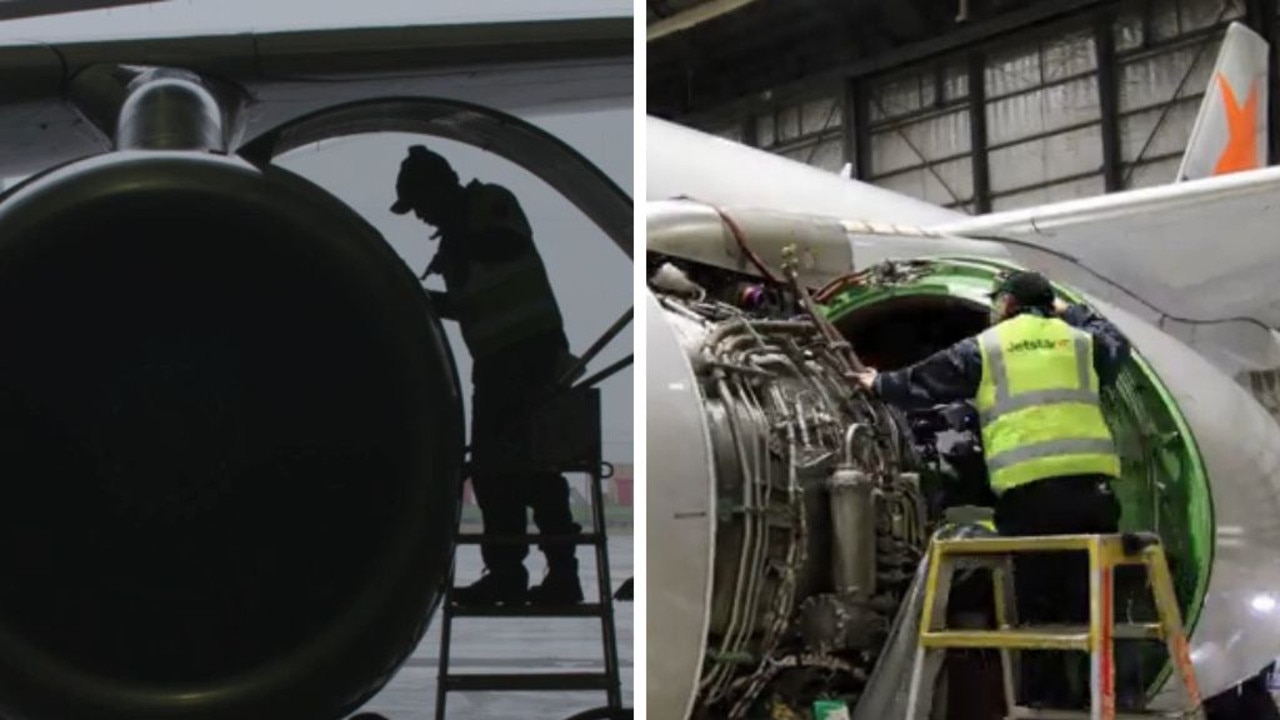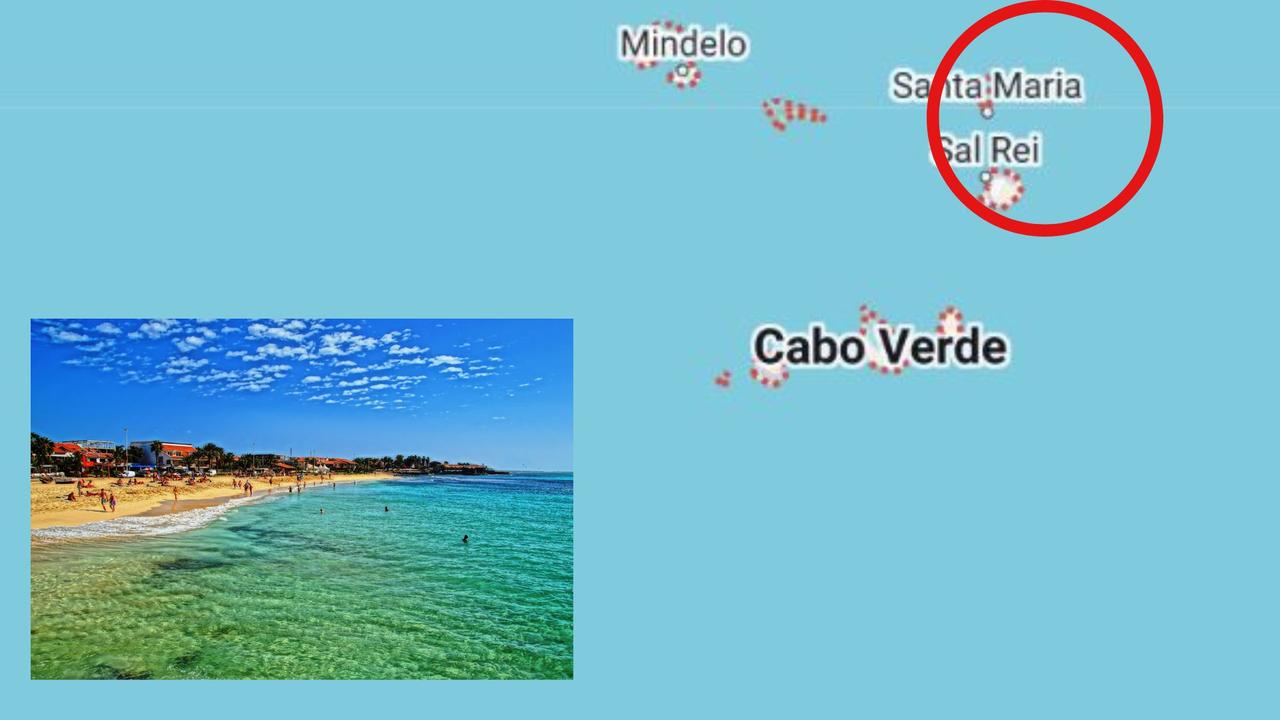Ridiculously tiny risk Australia is unwilling to take on international travel
Australians have become addicted to feeling safe, but one expert has illustrated how ridiculous one of its border decisions actually is.
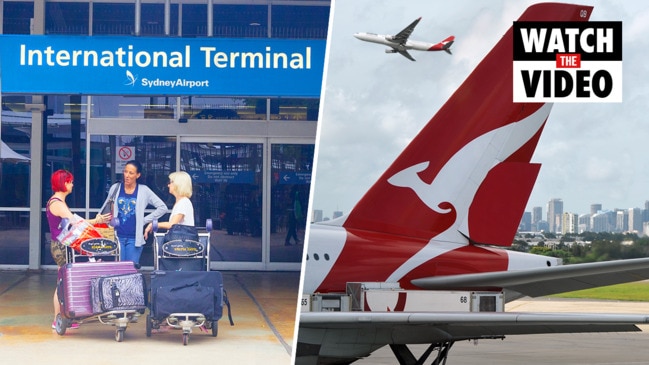
The “Fortress Australia” approach is being embraced by many, but one expert has highlighted how ridiculously small the risk really is for Australians.
The Morrison Government is under pressure to accelerate its time frame for reopening international borders after the federal budget last week revealed the country would remain largely shut until mid-2022.
Melbourne University epidemiologist Professor Tony Blakely does not believe Australia should open up to unrestricted international travel until it is safe to do so, and this probably would not be until at least 70 per cent of Australians (including children) were vaccinated.
But he said there was “no reason why” Australia could not take people, such as international students, from Taiwan and China, with no quarantine if they were vaccinated.
“There are about 290 active cases in China at the moment and most of these are probably in quarantine — although I do not know that,” he said.
He said the small number of cases in a country with a 1.4 billion population made the risk incredibly small even if they didn’t quarantine.
It’s actually 10 times more likely for someone from the UK to cause a COVID-19 outbreak in Australia — even if they do two weeks of hotel quarantine.
Assuming there were around 100 cases in the community in China at any one time, Prof Blakely said this was equal to a 0.000007 per cent chance of any randomly selected person being plucked out of the country and landing in Melbourne with COVID-19.
In comparison, the UK has about 46,000 active cases so assuming there were about 10,000 people who were infectious but did not know it, this would be 0.015 per cent of the population.
“We know that about one in 200 COVID-19 cases in quarantine result in leakage into the community,” Prof Blakely said.
“So even with quarantine, the risk ‘only’ goes down to 0.00008 per cent chance of an outbreak for every UK person coming in.
“Which is 10 times the risk of someone from China who does not go through quarantine.”
RELATED: Push for vaccine targets to be linked to international travel
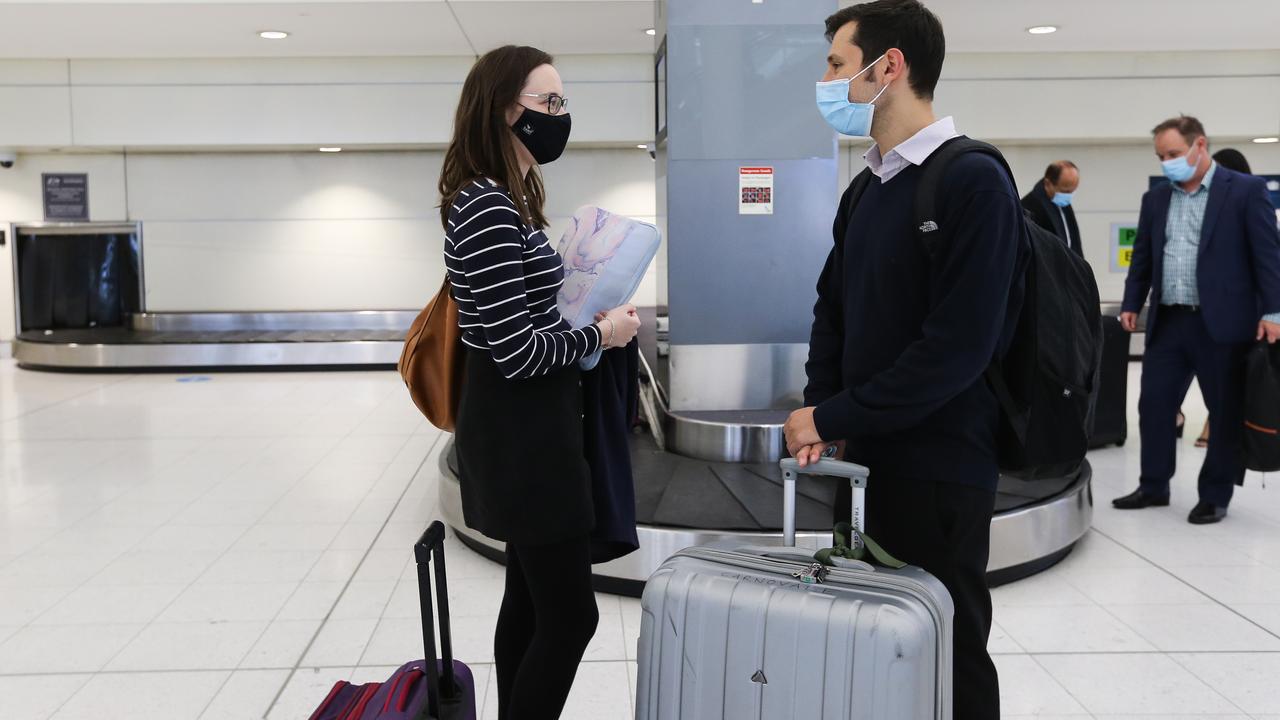
Prof Blakely said political tensions with China could make it difficult to create a travel bubble with the country, but said the university sector should be allowed to create extra quarantine spots for international students. They could also be allowed to undertake a shorter quarantine period of possibly seven days.
“This would reduce the already very low risk to very, very low risk,” Prof Blakely said.
“These are things that may be done to manage the situation.”
Prof Blakely said Australia should move to a more nuanced system for international travel.
“Last year’s one-size-fits-all approach on closed borders, where everyone has to do quarantine, is not what we need now. There are countries that can have lesser quarantine,” he said.
He said a traffic-light system that could assess various risks and provide a colour-coded risk level should be introduced to provide advice to Australians about how safe it was to travel to certain regions.
“There will always be places that will be (categorised as) red,” he said.
He doesn’t think there will be free travel, with open borders to all countries, for several years.
“We’ve always had risk warnings for things like terrorism or other threats like yellow fever,” he said.
NSW Premier Gladys Berejiklian, who previously noted the state was losing $1.5 billion every month because of a lack of international travel, has said she would like to see international travel return earlier than the middle of next year, as predicted by the federal government.
“I do think we should be ambitious,” she said.
Victoria has also proposed a plan to accept 120 international students per week starting this month.
But Prime Minister Scott Morrison has so far rejected the growing push from federal MPs and business leaders to reopen the country soon, saying it wasn’t safe.
RELATED: Victoria’s plan to bring back international students

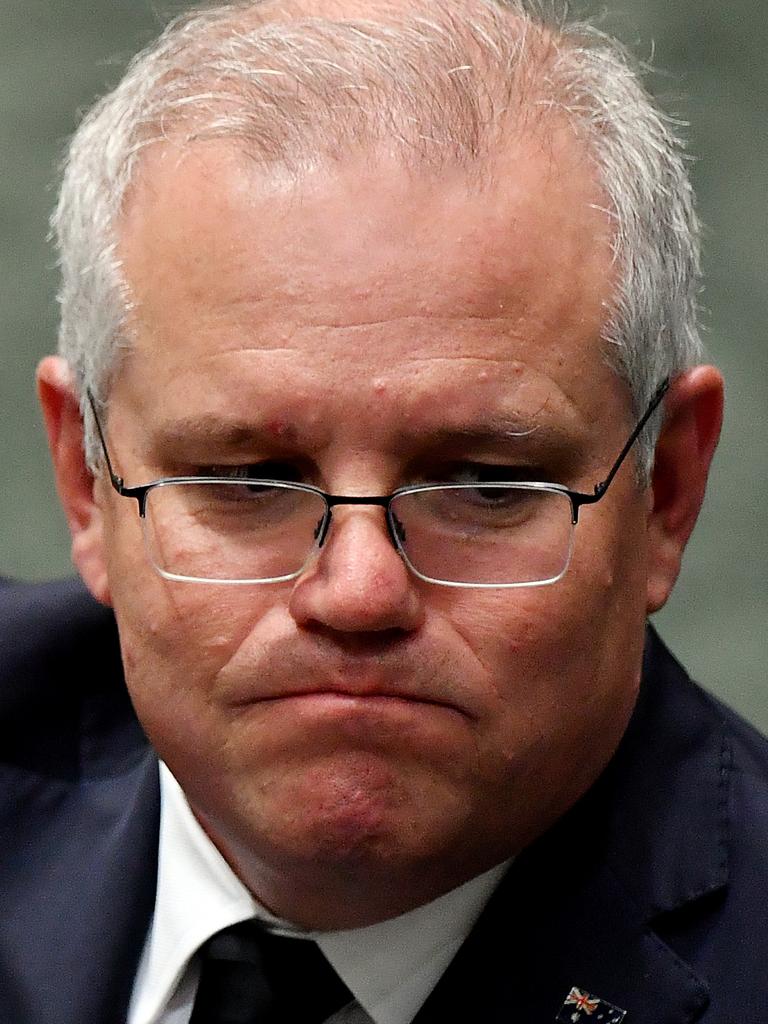
Speaking in Brisbane, Mr Morrison said Australians understood the importance of a cautious approach when it came to maintaining the hard border.
“It is not safe to take those next steps right now,” he said on Monday.
“It’s not one day the borders are open, one day the borders are closed.
“That’s not how it works.
“There is a sliding sort of scale here, and we’re working on the next steps.”
Mr Morrison said the next steps included fully vaccinated Australians being exempt from domestic restrictions and the return of international students and skilled migrants to assist workforce shortages.
“There are some practical challenges that we are working on now and finding solutions to,” Mr Morrison said.
“I’m looking forward to further discussions with the Singapore government about them being the next potential (travel bubble) country.”
Dr Nick Coatsworth, the nation’s former deputy chief medical officer, believes Australia will likely begin a “slow methodical and safe opening” of its international borders in the first half of 2022.
His comments come as a new opinion poll shows an overwhelming majority of people are supportive of the international border remaining closed.
Almost three in four voters surveyed in an exclusive Newspoll for The Australian said international borders should remain closed until at least the middle of next year and supported the government’s approach.


